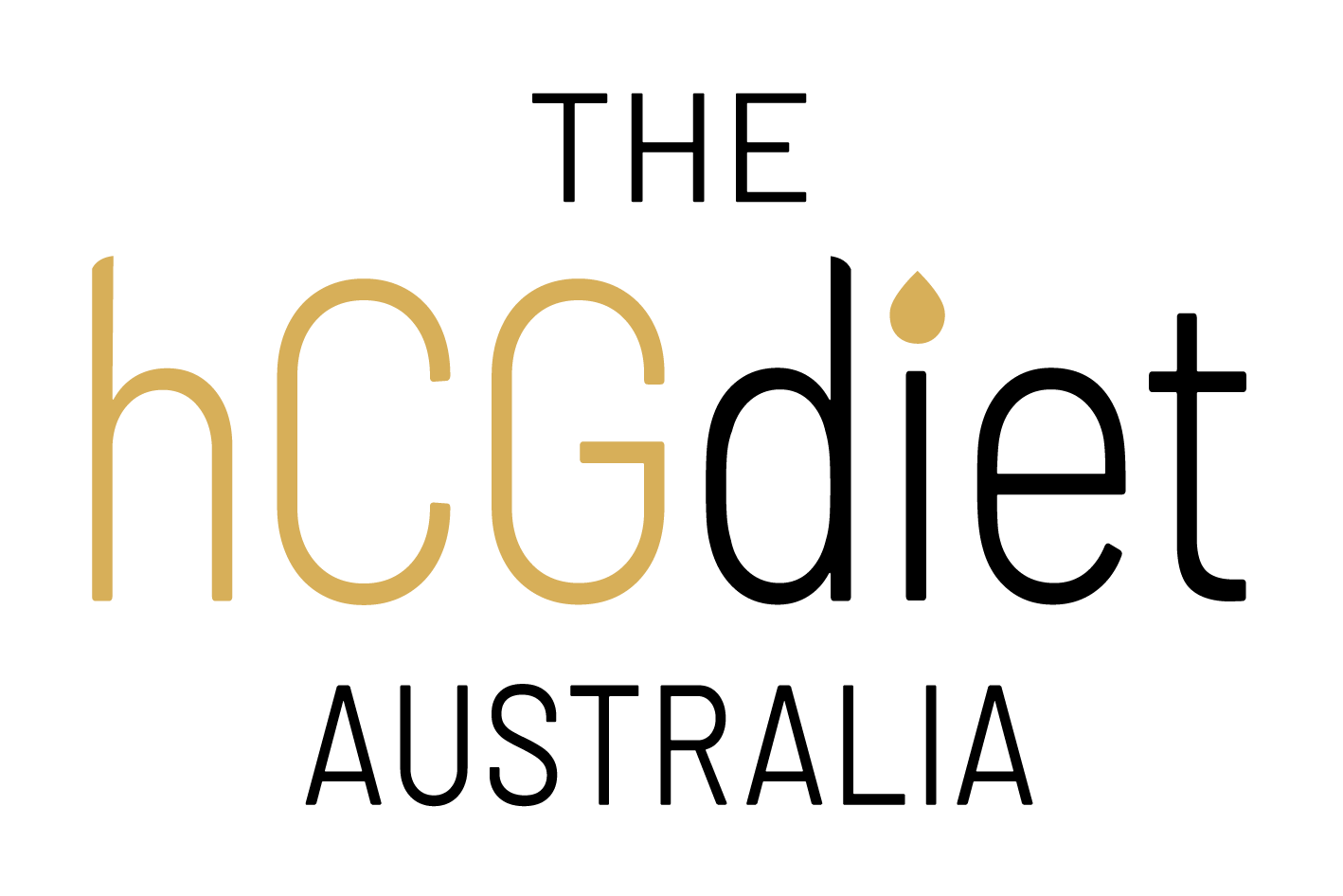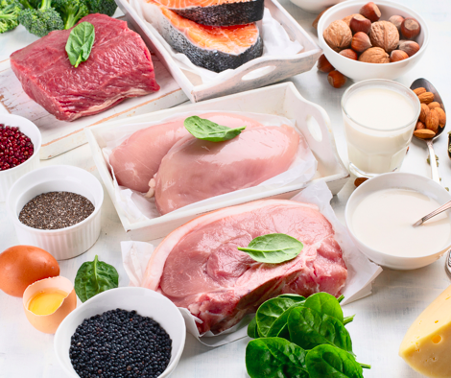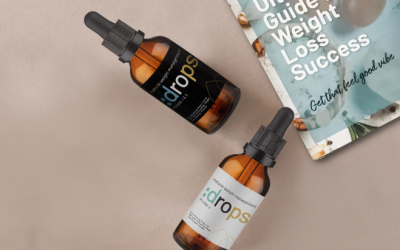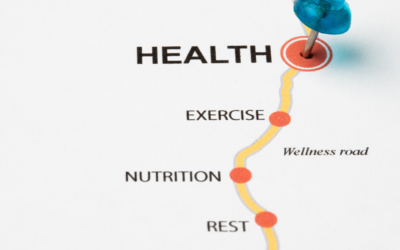As with most topics that we can search for online there are usually different messages that we can take from what we learn and generally differing opinions, this topic is certainly no different. In my experience and learnings on the subject protein diets and weight loss have been very successful when it comes to effective weight loss, as well as weight maintenance.
According to the CSIRO our current recommended dietary intake of protein is too low particularly when it comes to weight loss.
Before you go and grab the kitchen scales it is also important to remember that protein requirements will vary depending on age, your exercise output, and the type of exercise, also body weight and gender. The Australian government’s guidelines recommend the following daily intake for people aged 19–70:
- Men: 0.84g per kilogram of body weight per day. For example, if a man weighs 85kg, his recommended intake is approximately 71g.
- Women: 0.75g per kilogram of body weight per day. For example, if a woman weighs 70kg, her recommended intake is approximately 52g.
For those aged over 70, the recommended daily intake is 81g a day (or 1.07g per kg of body weight) for men and 57g a day (or 0.94g per kg of body weight) for women.
Pregnant women need more protein in the second and third trimesters, which sees their protein requirements go up to 1g per kilogram of body weight per day.
Additionally, as we age in general humans being to lose skeletal muscle (sarcopenia), however, loss of muscle mass also increases in the event of chronic illness, and poor diet, this includes eating poor quality proteins and occurs with a lack of activity.
Why this focus on Protein in weight loss?
Proteins are an essential nutrient in our diet therefore, meeting the daily recommended protein intake may help you maintain muscle mass, strength and metabolism as protein is utilized by the body for growth and cellular repair. Additional benefits include proteins contribution to hormone and enzyme production.
One of the ways in which protein is utilised in our body is through the building blocks of proteins, called amino acids, our body uses amino acids from protein to produce new proteins like bone and muscle. These amino acids can be broken down into two different areas whereby some of these amino acids are produced in the body (non-essential amino acids), the others (essential amino acids) are not made in the body, therefore, must be included in your diet to enable adequate bodily function.
When it comes to protein diets and weight loss, there is convincing evidence from human intervention studies that a higher protein intake (25% or more of the total energy as protein) increases thermogenesis and satiety, and reduces subsequent energy intake in the short-term compared with diets having the usually recommended protein content (15% or less of total energy as protein). There is also evidence that higher-protein diets can result in an increased weight loss and fat loss as compared with diets lower in protein, most likely due to reduced perceived hunger and energy intake.
One of the biggest benefits of protein rich foods and why proteins are so successful in weight loss is that protein tends to fill you up without the addition of excess calories to your diet. If you are consuming protein in a meal, there is a lesser chance that you will be looking to snack soon after reducing cravings and keeping your appetite under control making it easier to lose fat and gain muscle.
It is also important to note that not all proteins are created equal, and to receive the full benefits of protein rich foods be aware that if your protein source has been deep fried in vegetable oil and comes with added chips, a soft drink with a bread roll on the side it’s unlikely that you will receive any benefits.
Alternatively look for beneficial sources of protein in unprocessed foods as a healthier option, for example lean beef, chicken or turkey, fish (tuna, salmon, white fish), nuts, Greek yoghurt, eggs and cheese. Other sources include proteins such as tofu, tempeh and cottage cheese, when it comes to adding protein to a meal it’s also important not to make the mistake of eating more is better. A palm sized portion of protein is a good guide and then add vegetables, and lots of them, the vegetable portion of your meal should be approx. ¾ of your plate.
Protein shakes may also be a good option particularly on those days when you have limited time, by adding fresh or frozen berries and some organic spinach to a good quality protein shake you will find that you can stave off hunger for a few hours. When it comes to choosing a protein powder look for one that is low in sugar and contains low amounts of preservatives and artificial sweeteners and of course has a decent amount of protein.
What happens when you have too much protein?
High protein diets have received some bad press over the years with specific concerns around those rich in animal proteins and an associated increased risk of kidney disease and high cholesterol leading to cardiovascular disease. Although it is best to err on the side of caution there is little evidence on adverse effects on healthy individuals without already established renal or cardiovascular disease.
Gout is another common condition associated with diets higher in protein however, once again there is little evidence to support this. Gout is a form of arthritis that occurs when abnormally high levels of uric acid build up in the body, causing crystals to form in joints. The crystals cause sudden, severe attacks of joint pain and swelling. Individuals found with too much uric acid in the blood may be consuming too many purines (chemical compounds that break down into uric acid when metabolized) in the diet.
The latest research on gout and high-protein diets has found that, unless you have other risk factors for gout, a high-protein diet alone is unlikely to cause it. But if you do have other gout risk factors or have a history of gout like symptoms, a high-protein diet would not be advisable. It may be best to consult your health care practitioner for more advice on foods rich in purines and discuss how to manage gout if this is an issue for you.
As with many of our blog discussions moderation is often the key, ensure you have a healthy balance and work within recommended guidelines.
Too much protein may also effect the body with potential risks which includes mild dehydration, osteoporosis and bowel disorders.
Healthline outlines some examples of how much protein you’ll find in the following sources to give you some guidelines:
- 85g of cooked lean beef: 22g protein
- 85g salmon: 19g protein
- ½ cup raw oats: 13 grams
- 1 cup of full fat milk: 8g protein
- 1 cup quinoa: 8g protein
- 1 egg: 6g protein
- 28g almonds (about ¼ cup): 6g protein
- 1 cup chopped broccoli: 3g protein
Protein deficiencies in Australia are uncommon, however may occur in people with special requirements, such as in chronic illness or disease and in the elderly. As mentioned previously when it comes to diet it is important to maintain balance. Ensuring adequate amounts of protein is essential to any diet along with an emphasis on lots of vegetables, good quality oils, fruits, filtered water, sleep and exercise. Once again more is not necessarily better, everyone is different, it is important to investigate, speak to a health care practitioner and listen to your body, become educated and decide what works best for you.
Liza Brunell
Adv Dip Health Science Naturopathy, Nutrition





